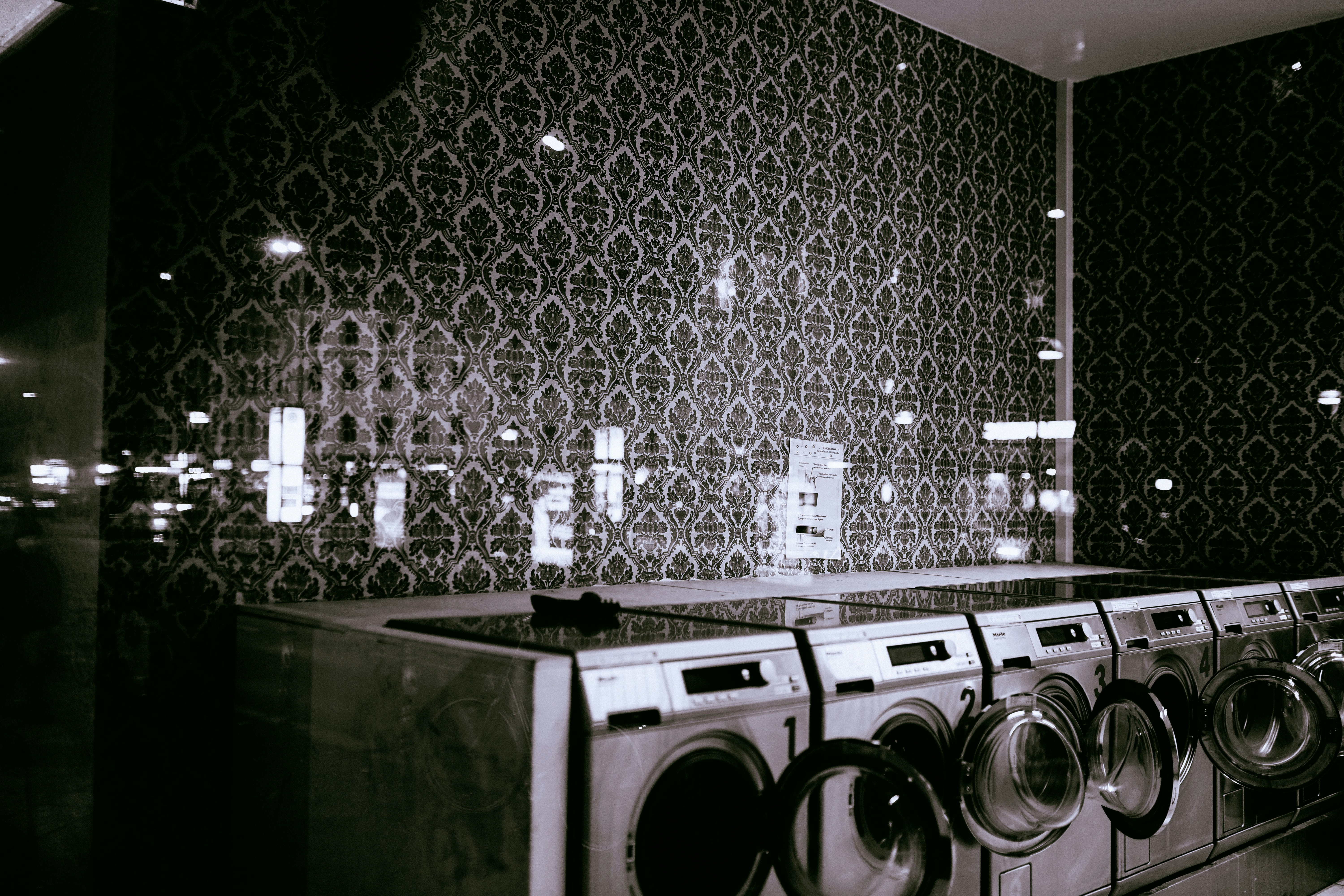When it comes to your home, it’s seldom a good idea to cut corners. Especially when it comes to appliances like your furnace, air conditioner, dishwasher, and refrigerator, you want to make sure you’re investing in quality products. Otherwise, you’ll find yourself saddled with the unwanted expenses of replacements and repairs. Even if you have a solid technician on call, you won’t want to ring them every other week when your dryer or oven breaks down.
If you’re one of many frugal homeowners, you still need to consider how higher upfront costs can benefit you in the future. To get started, here’s what you need to know.
Start with an appliance test.

Before you buy, don’t be afraid to use the test method. Many appliance retailers agree to the test procedure to ensure that their products work as advertised. For an appliance test procedure, you may want to call up customer service and schedule an appointment. During the test procedure, you can look at a new system’s energy efficiency, scope out the workmanship, and do a thorough inspection. You may want to check the exhaust fan’s performance and air quality for an air conditioning unit. You can also see if the unit works with smart thermostats and timers.
If you’re unable to test the appliances before your purchase, you can schedule a home inspection to suss out their performance. Some installers are willing to do a home inspection themselves. Whether you’re requesting a home inspection for your heat pump, clothes dryer, or your heating system, you’re going to want an appliance technician with years of experience. It’s also good to have an inspector to call on if you have an emergency with your household appliances or HVAC system. A home inspector can ensure your appliances meet industry standards and use their own test method. The last thing you want is an emergency that requires you to call an expensive specialist or purchase a brand new appliance.
Spend more upfront.

While budget household appliances often look tempting while they’re on the shelf, they often struggle in the performance department. If you talk to a heating and cooling service with years of experience, you’re liable to learn how it pays to choose a preferred, trusted brand. If you’re looking for a reliable heating system, for instance, you may want to choose a brand that can test a heating and HVAC system in a testing laboratory. While not every brand has access to laboratories, many top names can devote more time and resources to quality assurance.
Spending more often saves you plenty of money down the road. If you’re installing new ductwork, cheaper ducts will be more likely to impact your indoor air quality negatively. These ducts are vulnerable to damages, inefficiency, and breakdowns. They won’t provide reliable heating and cooling and may raise your natural gas expenses. If you pick a clothes washer that’s on sale, it may require several washes to get large loads of laundry clean. This raises your ongoing monthly water bill and also the amount you spend on detergent. Whether you’re installing air filters, compressors, water heaters, a freezer, or a new boiler, it’s a good idea to invest a bit more in your purchase. You’re less likely to experience buyer’s remorse after you’ve made a purchase.
Frugal doesn’t mean cheap.
Sometimes, you have to spend money to save money. While this may seem backward, investing in quality home appliances and products can save you a great deal of frustration over time. When you spend more thoughtfully on larger home improvements, you’re investing in your home’s value and longevity as well.


















